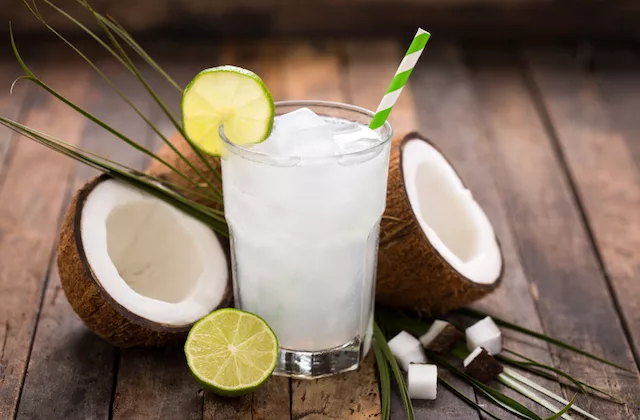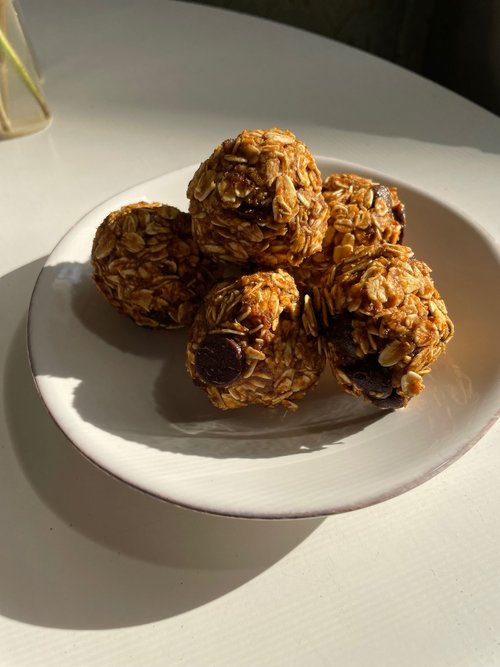
Boost your skin’s health with vitamin C-rich recipes and discover sun-protecting foods for a radiant and protected complexion. This article offers a collection of delicious and nutritious recipes packed with vitamin C and insights into the benefits of consuming sun-protective foods for your skin’s well-being.
Vitamin C, also known as ascorbic acid, is a water soluble vitamin and a potent antioxidant that supports numerous vital functions in our bodies. It is an essential nutrient that we need to get from foods and is found in high concentrations in foods like citrus, broccoli, red peppers and tomatoes.
Vitamin C is also a potent antioxidant able to protect the skin from oxidative stress caused by free radicals. These free radicals, generated through exposure to environmental factors such as sunlight, pollution, and smoking, can wreak havoc on our skin cells, leading to premature aging, wrinkles, and dull complexion. By neutralizing these harmful free radicals, vitamin C assists in preserving collagen, a vital protein responsible for maintaining the skin’s elasticity and suppleness.
A steady supply of collagen ensures that our skin remains youthful, firm, and capable of withstanding the external stresses it encounters daily. Vitamin C is also essential in our body’s production of collagen, serving as a key cofactor for the enzymes involved in collagen synthesis, stabilizing the structure of collagen molecules and influencing the expression of genes that increase collagen production.
THE SUN-PROTECTING DIET
The foods we eat that contain vitamin C as well as other sun-protective foods that contain antioxidants, vitamins, and minerals play a crucial role in safeguarding the skin from UV damage caused by the sun’s rays. While sunscreen is essential for providing a physical barrier against UV radiation, incorporating sun-protective foods into your diet can offer additional benefits in comprehensive sun protection.
Incorporating foods rich in antioxidants helps manage UV damage from sun exposure. Antioxidants (in addition to vitamin C) that can help include carotenoids like beta-carotene, lycopene, lutein and zeaxanthin as well as the mineral selenium. Strawberries, citrus, cruciferous veggies and red bell pepper are great sources of vitamin C. Brazil nuts, seafood, and eggs are a good source of selenium, and leafy greens, watermelon and tomato are rich in carotenoids. You can incorporate them in various ways like adding frozen berries to smoothies, adding chopped brazil nuts or hard boiled eggs into salads, and tossing leafy greens (fresh or frozen) into soups.
HYDRATION FOR SUN DEFENSE
Hydrated skin is more resilient to sun damage, as it is better equipped to do its job as a barrier against external pollutants and helps manage the drying effects of sun exposure. Staying hydrated can help optimize the performance of sunscreen. When sunscreen is applied to well-hydrated skin, it forms a more even and effective barrier, offering enhanced protection against harmful UV rays. In addition to water, some foods have high levels of water or additional nutrients that contribute to a sun protecting diet.
Cucumber: Cucumbers have a high water content (about 96%), making them an excellent hydrating snack. They also contain silica, a compound that contributes to skin elasticity.
Watermelon: Watermelon is not only refreshing but also a great source of hydration due to its high water content (about 92%). It also contains lycopene, a powerful antioxidant that aids in protecting the skin from UV-induced damage.
Coconut Water: Coconut water is a natural electrolyte-rich beverage that provides hydration while supplying essential minerals like potassium and magnesium. These minerals support healthy skin function.

LEAFY GREENS AND THEIR SKIN BENEFITS
Leafy greens like spinach, kale, and Swiss chard are powerhouses of nutrients essential for maintaining skin health. They are packed with vitamin C to help collagen synthesis and their high carotenoid content, including beta-carotene and lutein, help neutralize harmful free radicals generated by UV exposure.
OMEGA-3 FATTY ACIDS FOR SKIN RESILIENCE
Omega-3 fatty acids, abundant in fatty fish, chia seeds, and flaxseeds, play a vital role in maintaining the skin’s barrier function and reducing inflammation caused by sun exposure. These essential fatty acids help fortify the skin’s protective lipid barrier, preventing excessive moisture loss and enhancing its ability to retain hydration. Moreover, omega-3s possess anti-inflammatory properties that counteract the inflammation triggered by UV radiation, helping to manage skin irritation.
ANTIOXIDANT-RICH RECIPES FOR SUN DEFENSE
Foods rich in vitamin C and other sun protecting nutrients play a critical role in maintaining overall skin health. Vitamin C, found in citrus fruits, strawberries, and bell peppers, supports collagen production, promoting skin vitality and reducing the signs of aging. Sun-protecting foods like berries, dark chocolate, and hydrating options such as cucumber and coconut water, offer a wealth of antioxidants that combat free radicals, shielding the skin from UV damage. It is also important to be sure to wear sunscreen as a barrier to provide the best UV protection, but incorporating these foods and nutrients helps provide additional support for healthy looking skin.




